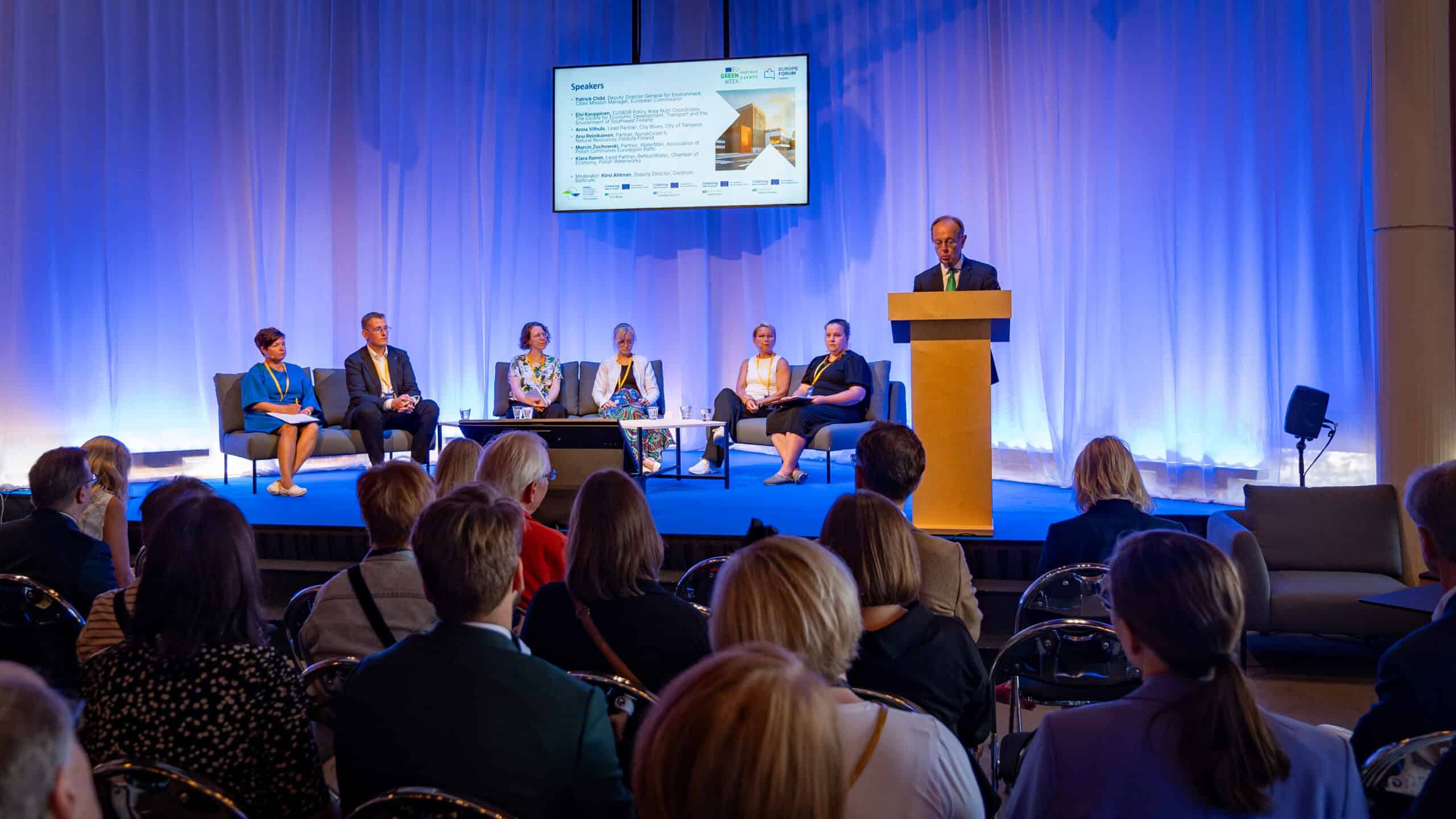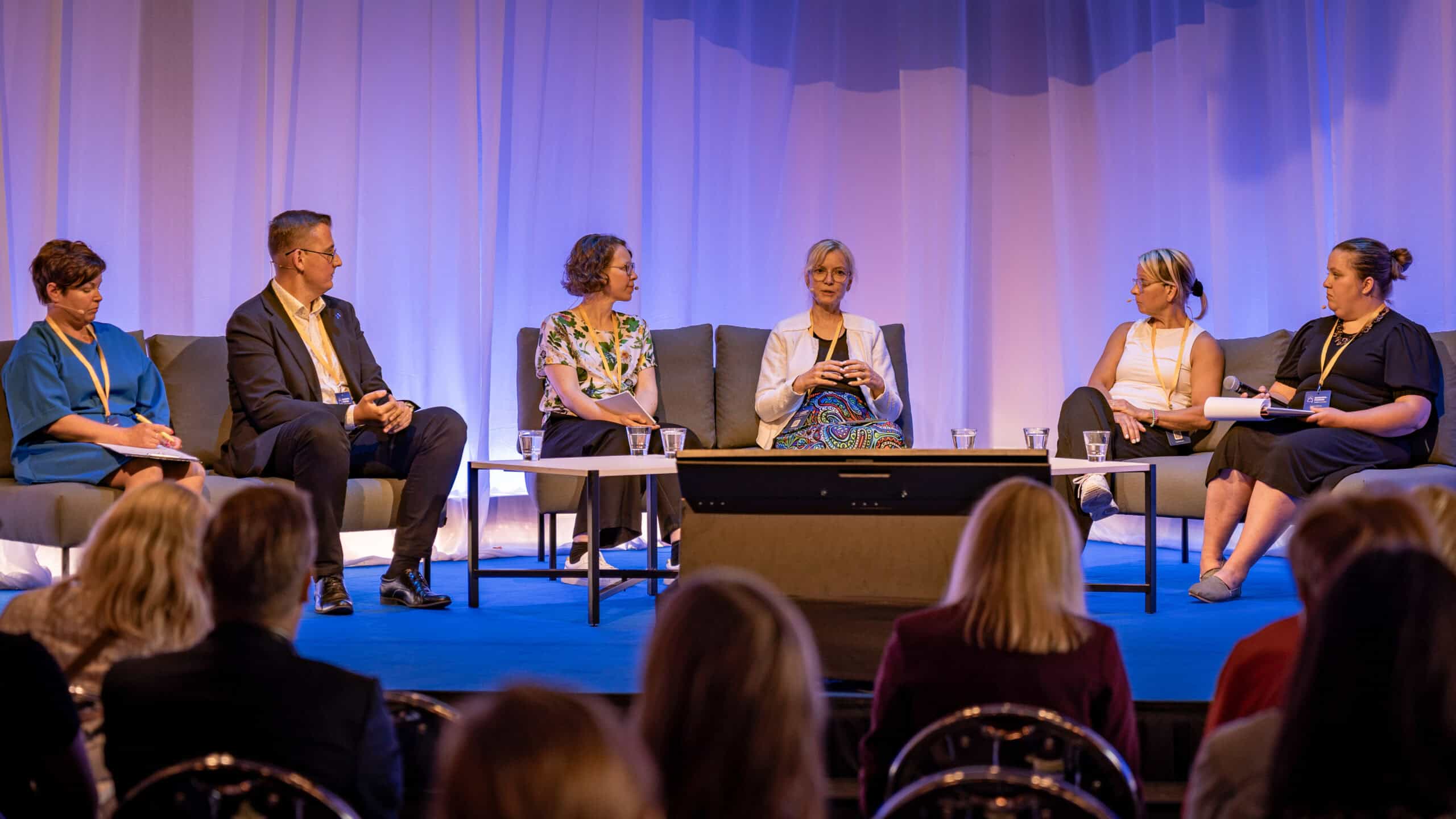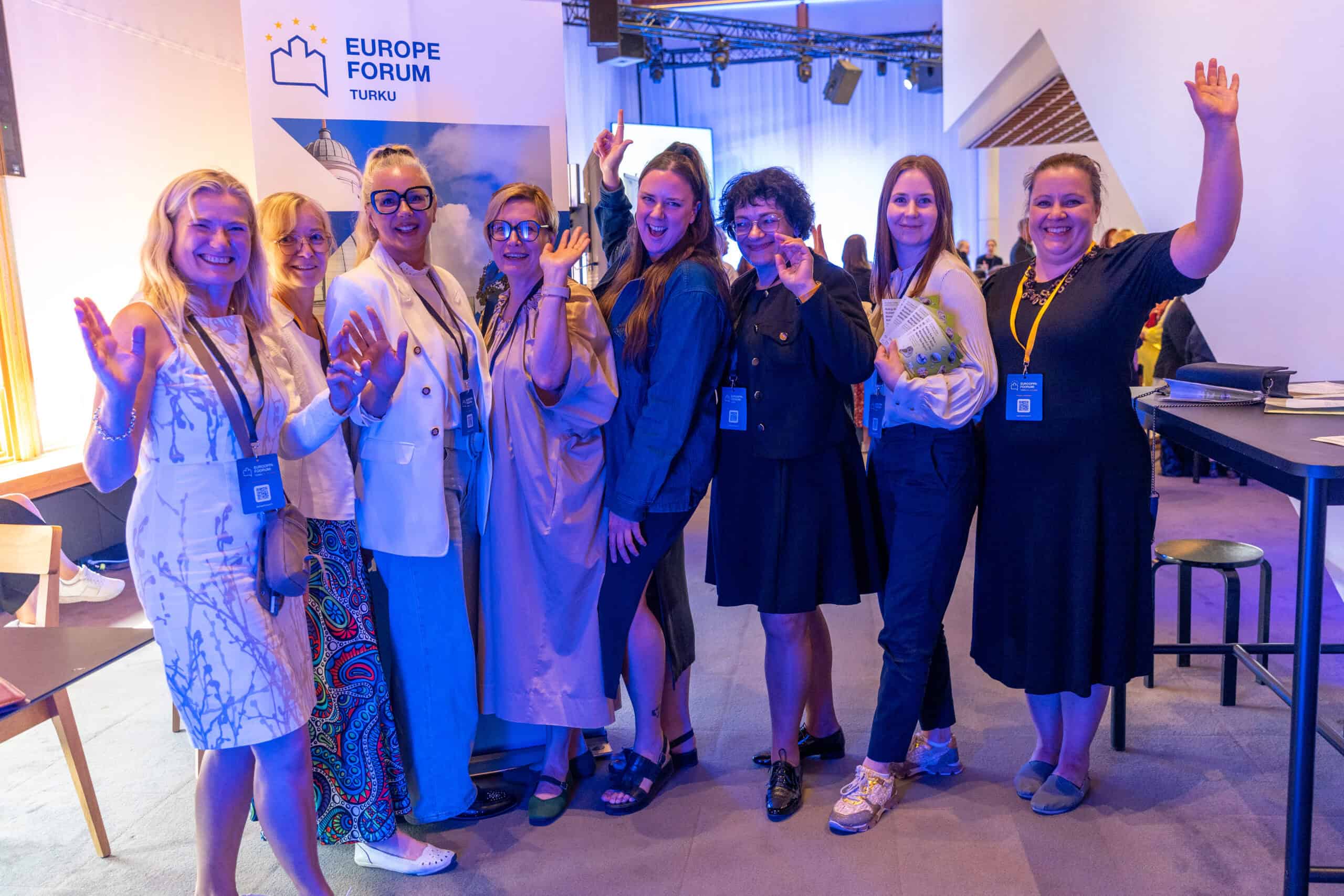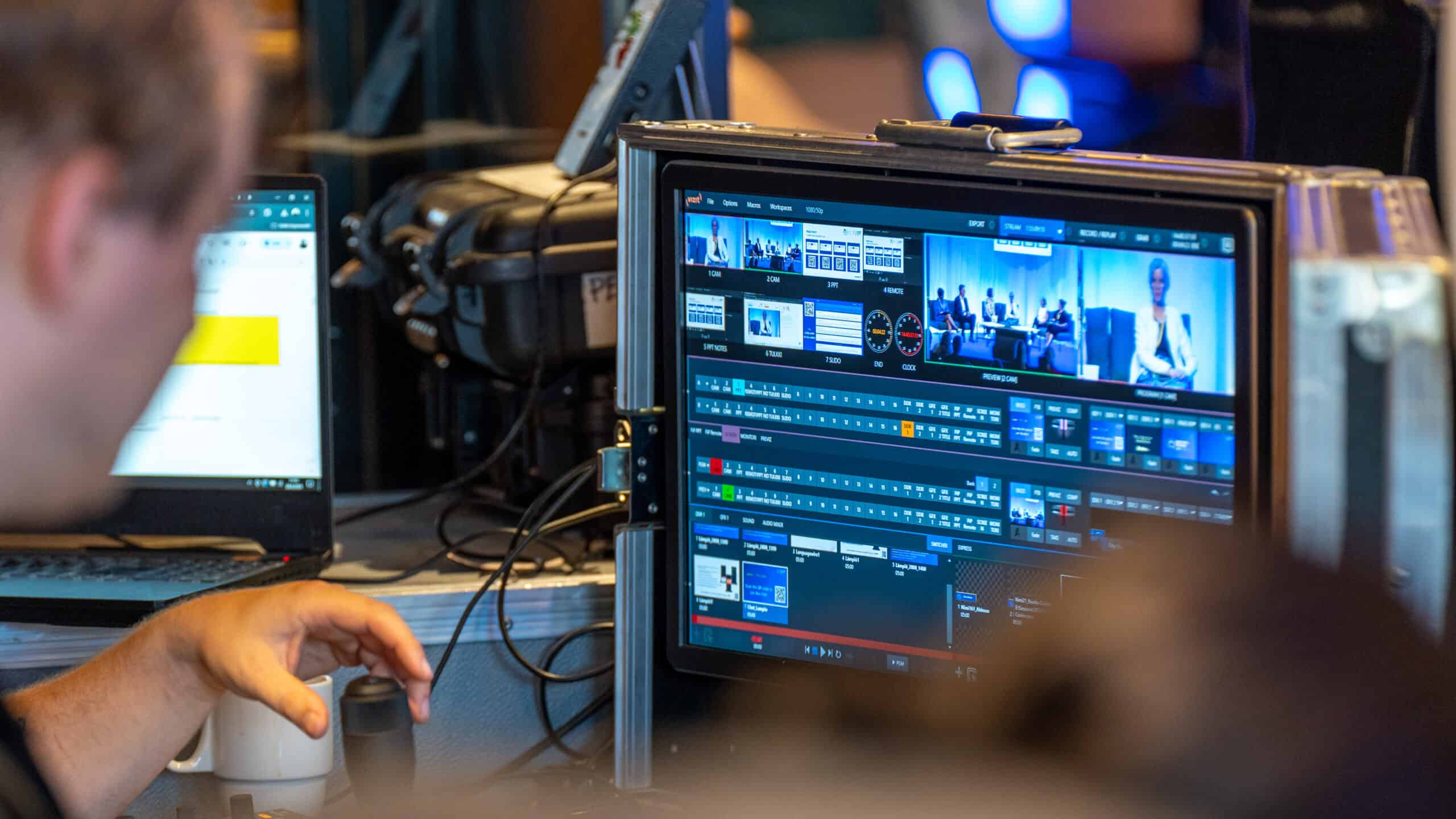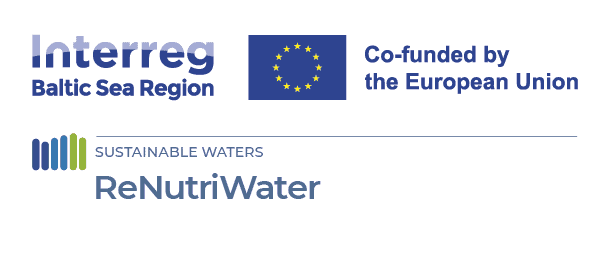
Sustainable water use is an investment to security
30 August 2024
Water is a vital commodity for all of us and water safety is an integral part of citizens’ general safety. Water management challenges and solutions were addressed at a panel discussion “Riding the Wave – Sustainable Water Management in the Baltic Sea Region” organized by Centrum Balticum as part of the Turku Europe Forum. The event was also recognized as a European Green Week Partner Event. In the discussion, EUSBSR PA Nutri and four projects presented their solutions related to sustainable water use.
Water is a strategic issue
 Opening words were given by Patrick Child, Deputy Director General at DG Environment. He emphasized the growing importance of effective water management.
Opening words were given by Patrick Child, Deputy Director General at DG Environment. He emphasized the growing importance of effective water management.
– Climate change, poor practices, over usage and pollution all harm our water economy and the cost of, it was 9 billion euros last year in Europe. Water is not only a local and regional issue but needs wider attention and measures. Therefore the European Council has added water resilience to the strategic agenda.
– We need to go beyond the traditional legislative instruments and also use technology, innovations and investments in securing water resilience. The existing resources must be utilized effectively. For example, Interreg funds are a good instrument in finding new solutions, Child said in his speech.
Projects help municipalities to lead the way in water management
In water management, cities and towns are in the key position. All four projects participating in the discussion work with public authorities.
City Blues brings together best practices for urban flooding and stormwater management in cities.
– Climate change increases flooding and stormwaters in northern Europe. We also experience biodiversity loss. The project promotes nature-based solutions for these challenges. Sometimes the solutions are even straight copies from nature itself, Anna Vilhula explains.
In coastal touristic areas, capacity of the wastewater treatment plants does not match the amount of people during tourism season. This causes overload and further contamination of the Baltic Sea.
– NURSECOAST-II aims to find alternative wastewater treatment solutions that specifically adapted to tourist areas. We test pilots such as nanobubbles and test other new technologies, Anu Reinikainen tells.
In northern Europe, we are used to having plenty of fresh, drinkable water available. WaterMan promotes the idea that different qualities of water can be used for different purposes. Treated wastewater or rainwater could be used in flushing toilets and washing cars, Marcin Żuchowski says.
– Building stakeholder and consumer acceptance is also an important task of our project. For most actors the idea of water reuse is still a novelty.
ReNutriWater is applying the idea of fit-for-purpose water.
– It means that urban wastewater is treated in a way that it suits the intended purpose, like cleaning, watering recreational areas and plants as well as for domestic use, Klara Ramm explains.
– We test different disinfection methods, water plants with different types of water and test the result. One important factor is to show that the usage of recycled water is safe.
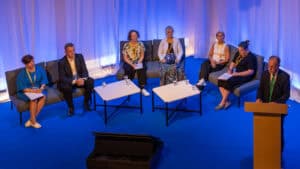
Both old solutions and new innovations are needed
Coordinator Elsi Kauppinen from EUSBSR Policy Area Nutri noted that municipalities have an essential role in ensuring resilient use of water, both in securing the water sources and keeping water and nutrients in circulation.
– Solutions that these projects present lead us towards more resilient societies, where biodiversity is taken into account in water management, and where we have systems that protect us from floods and drought.
The participants noted that in resilient water management one method doesn’t fit all, but the solutions must be tailored for each case and situation. New innovations are being made, but many old solutions and existing technologies still work well. Old solutions may also be more affordable, as sometimes it’s still more expensive to apply circular economy.
It is also important to pay attention to where the important technology is produced in order to stay resilient and avoid the dependency of unstable markets.






